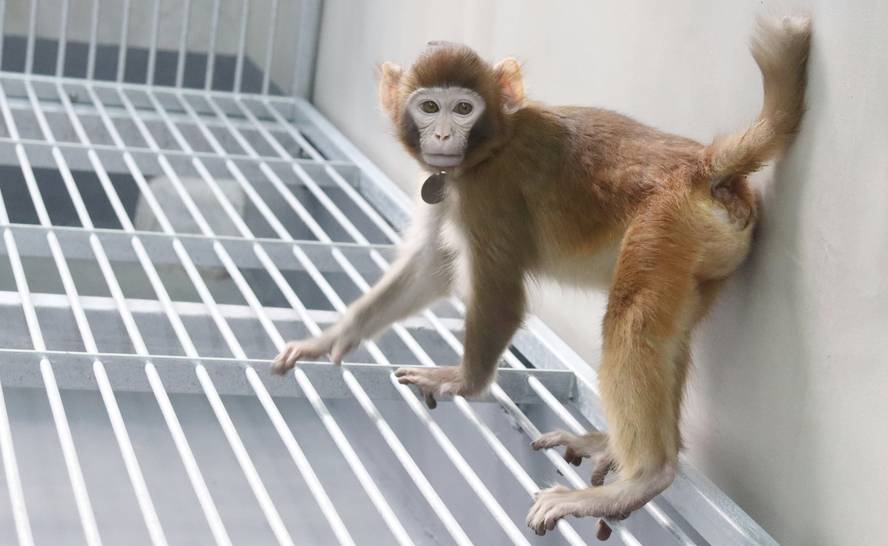Clonan a Rhesus macaque improving your usual technique
A Rhesus macaque is cloned for the first time and has been alive for more than two years. They have managed to improve the technique used so far and, although efficiency has not been improved, they have considered it an important step in understanding and improving the cloning process. The work has been published in the journal Nature Communications.
The body's somatic cells, although they don't have the ability to create a new organism, have all the necessary information for it. The technique called somatic cell nuclear transfer is the replacement of the nucleus of an egg by the nucleus of an adult somatic cell. This is how the Dolly sheep cloned in 1996 from surface cells. And since then several species of mammals (cows, pigs, dogs) and also Macaca fascicularis monkeys have been cloned. But with the rhesus it was not achieved until now.
In fact, cloning of most mammalian species remains very low (between 1% and 3%) and fetal and neonatal mortality rates are high. A cloned macaque rhesus was born in 2022, but it survived only 12 hours.
This study analyzed the origin of this difficulty in primates cloning and found problems in DNA methylation and that the placenta is not properly completed.
Thus, they have developed a new technique: Substitution of the trophoblast of the cloned embryo, the outer cell layer of the embryo that forms most of the placenta, by an embryo fertilized in vitro. With this technique 113 rhesus embryos were cloned, of which 11 were placed in seven females. Two pregnancies were achieved and only one child was born. It was called ReTro (by the technique of trophoblast replacemement) and has been healthy for more than two years.
Researchers have shown that trophoblast replacement not only favors placental formation, but also reduces methylation problems. However, the effectiveness of the process has not improved at all, reaching in this case 0.9% (1 out of 113).






